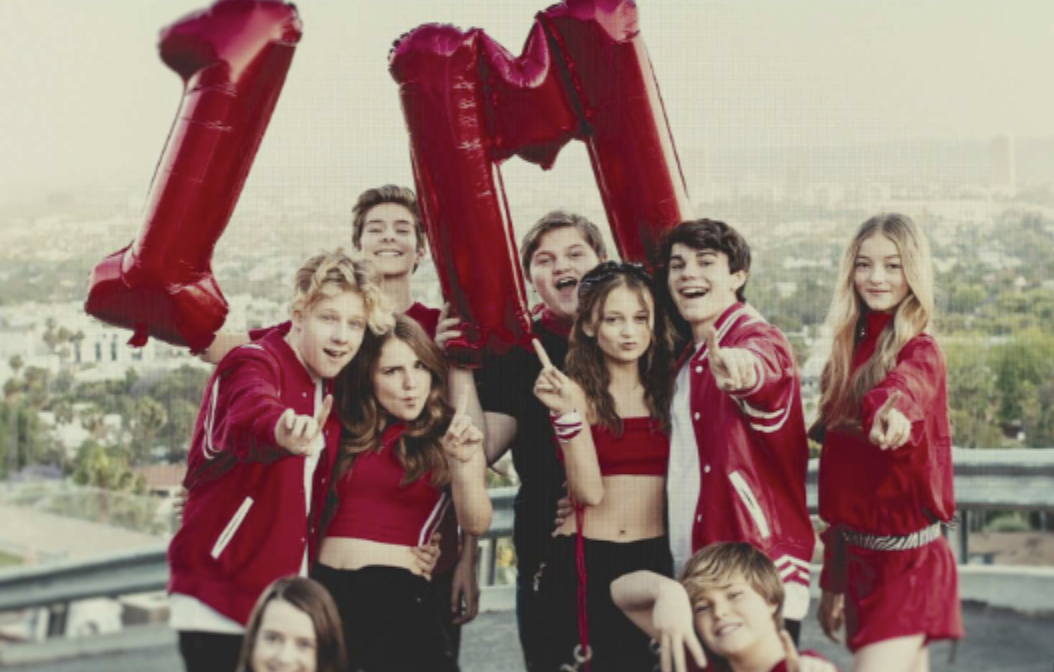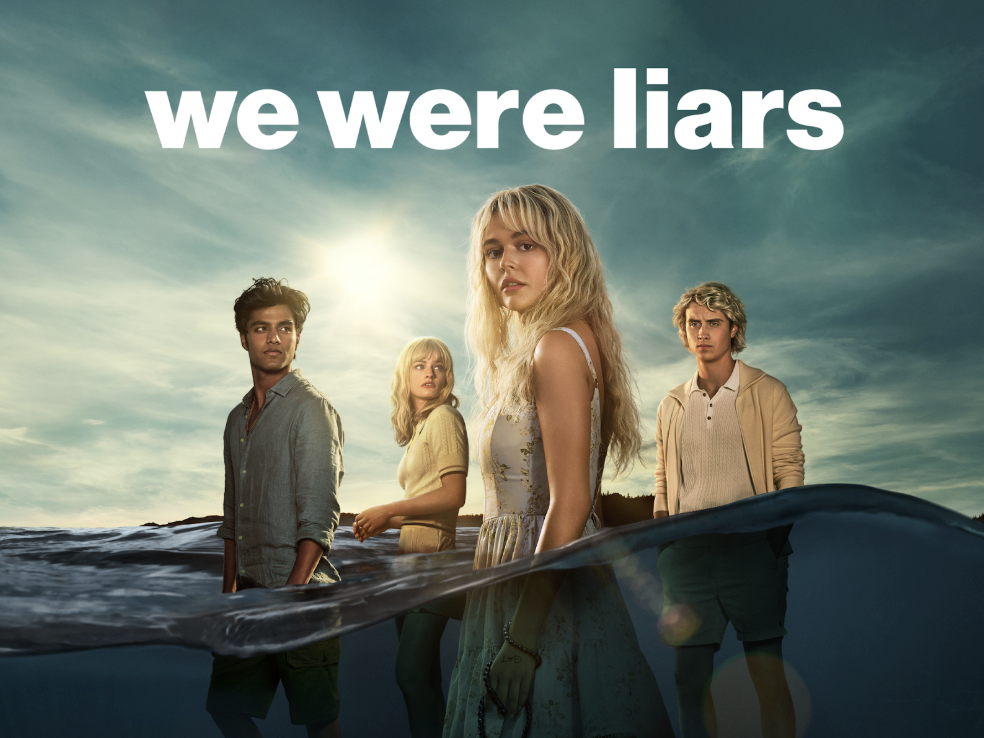If there’s anything English classes are known for, it’s reading. A lot of reading. Dare it be said, an outrageous amount of reading.
Teachers throw books in their students’ laps, saying that these things need to be read or else they won’t function as a proper human in society.
Which… fair. A lot of people could definitely benefit from reading and developing critical thinking skills. A lot of people. Like, more than is comforting.
But, many of these books– most of which people would consider classics– aren’t always worth it. There are a lot of good ones, yes, but there are also an incomprehensible amount of terrible ones. So. Many. Terrible ones.
Why are they mandatory in the first place? Well, a lot of them were popular books at the time of their publication, and many have shaped the social zeitgeist in a way that is important to be understood. A lot of them are good, a lot of them provide key historical relevance, and a lot of them shaped literary genres and influenced other great writers. That’s important! Necessary! It’s needed for people to read books from the past– great, awful, and everything in between.
However… That being said, it is good to understand that important literature does not equal great literature. It sometimes doesn’t even equal good literature.
So, from a modern-day standpoint, how much are these classics worth reading today?
Wuthering Heights
Dark romance before dark romance became a thing. It has the ultimate– I might even say, original (although Lord Byron might have taken that title a few years prior)– sad boy. He’s love-struck, uncontrollable in his anger, sad, protective, jealous, broody, sad, grumpy, sad, possessive, gloomy, sad– you get the picture.
The writing is a bit dull, but if you hunker down– preferably with an unreasonable time limit of an English essay in your next twenty-four hours– the book is bearable. And when you step back and look at the story in all its glory (and you ignore the incest and the weird way things are phrased and the convoluted plot points and also the incest), it’s not a bad story.
Ten out of ninety points. I would only recommend it if you have a deeply specialized interest in dark, gothic romance mixed with weirder, freakier, dark romance. Even then, you’d need to have a high tolerance for long paragraphs and mixed sentences.
Catcher in the Rye
If you listen to anything on this list: please let it be this one. Catcher in the Rye is more than worth reading. It’s easy to read, the words flowing into each other so well that despite the lack of paragraph breaks, it can be read with fluid clarity. But besides the ease with which you can consume it, the story it tells is exceptional.
While the book might not be for everyone, it’s definitely worth trying to find out. It has a profound message and a gorgeous plot.
It’s beautiful in the way that a rainy day is beautiful. It holds such a powerful melancholic feeling that makes it one of the best coming-of-age stories written in the twentieth century. If you’re ever presented with the opportunity to read it and you pass it by, you’re making a huge mistake.
Anything Shakespeare
The man. The myth. The legend. The most classic classic of all the classics.
Hamlet – Yes.
Romeo and Juliet – Maybe. Whether you’re a romantic or a pessimist, you’ll get something out of this, but you have to understand that you’ve heard this story before. You’ve heard it a million times already in ways you didn’t realize were possible. And yes, it always ends the same way.
Macbeth – Sure. Lady Macbeth will not get the justice she deserves. And Macbeth will not get the death of glory he deserves. But it’s a fun tragedy, a nice little downfall into villainy.
Midsummer Night’s Dream – It’s really funny. You just have to be prepared to analyze the jokes until your brain dies. And then you’ll be able to laugh. (Many actors’ performances save this. The advice would be to watch and not read.)
Everything else – this article cannot speak to them, but Shakespeare is Shakespeare. If you want to learn more about literature or theater, you better sit yourself down and open up one of these plays. I highly doubt you’ll regret it.
1984
And for every meeting that could have been an email, there are novels that could have been short stories.
Listen, sometimes goodness and greatness are misconstrued. Sometimes, great things are hidden in awful books. Sometimes the plot and the characters are flailing and awful and all you have left is the sci-fi and political predictions that really could have been explored in a ten-page short story. That’s all it comes down to.
People who like this either enjoy the political commentary and predictions (that really could’ve been something much shorter), the weirdly phrased (and arguably symbolic) sex scenes, or the torture.
And you know what? That’s fair. I just think we should acknowledge it.
The Giver
Beautiful. Perfect. Lovely. Wonderful. Amazing. I’m running out of adjectives.
The point is, it’s good. It’s worth it.
It’s an easy read. It’s short. It’s potent. It’s meaningful. One of the best science-fiction books a teacher will ever get you to read.
For 7th graders, yes. It made me cry, yes. Amazing, yes.
Great Expectations
The thing about most Dickens stories is that they’re good in theory but rarely good in performance. They are highly regarded, sure. But there is little difference between them and the trashy, one-million-word, serialized web novels on Wattpad.
Sure, one was published in the mid-1800s and traverses through the almost-entire life of some guy named Pip. And the other was published yesterday by a man living across the world, following the almost-entire life of some guy who’s a poorly hidden self-insert. But at the end of the day, they aren’t so different. They’re similar in the way two math equations with the same answer are similar.
Dickens published his novels a few chapters per month and was paid by the word. Your average web novel writer publishes a chapter per day/week and is paid, possibly never.
In Great Expectations, Pip gets money, grows greedy and ambitious, falls in love with a woman who can’t love him back, defies social class, and learns about… the power of love and not being a jerk. Maybe? I guess?
In some random web novel, the main guy gets powers, grows [powerful] and ambitious, falls in love with a woman who does love him back, defies his status as an underdog, and defeats the demon king. Or whatever.
And I’ll be frank, if you’re gonna praise Dickens’ writings, you really shouldn’t. Not for the plots and not for the prose.
Because I would argue that Dickens’ writings and Wattpad’s web novels are equally well-written. Sure, Dickens has flowery prose, but the web novels have short sentences. And both of their plots are equally incoherent messes. Incoherent messes that come from not knowing the ending when you pen your first chapter.
Anything nice you can say about Great Expectations? I promise there is a book more compelling, more introspective, more powerful, more meaningful, and– honestly? More interesting– somewhere in the world.
Sure, Dickens’ writings affected how the people of the time thought and acted. It questioned social structures and showed the struggle of the men in Victorian England. And yet, that’s for a history class. Not an English one.
So this one is a solid: Would Not Recommend.








